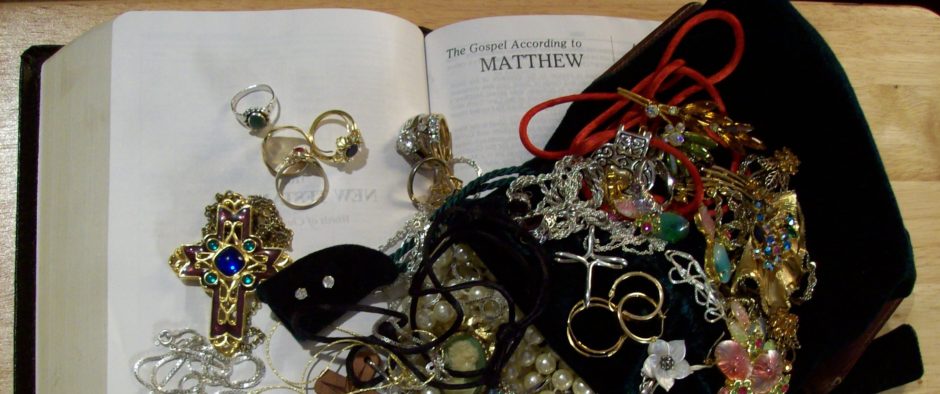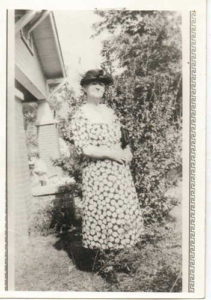I recently held a letter in my own hands written by my great grandmother Mary May (Slankard) Hightower in 1929 to her son and daughter-in-law, my grandparents. It was in a box of papers that looked as though they would disintegrate and fly away if I breathed hard on them. I carefully unfolded the letter and brushed the dust off with a soft-bristle paintbrush, then placed it in an acid-free archival-quality clear plastic sleeve to protect it.
Those letters she wrote reveal something of my family that I might not have known. It always seemed to me that my family was not very well educated, but here I was reading letters, handwritten letters, written by my supposedly uneducated great grandmother who was born in 1867 and died in 1953. She wrote 5 pages of her life—how she missed her son and daughter-in-law, what the weather was like, what she was growing in her garden. She talked of being thankful that the Lord was helping her in an illness. She had clear handwriting, and wrote using clear language.
On the 1880 census, my great grandmother was 12 and going to school. In 1900 she was 34 and had been married 15 years, had five children from ages 3-14, and could read, write, and speak English, according to the census. Her three older children were in school and two of them could read, write, and speak English. Her 7-year-old was able to speak English but couldn’t read or write yet. These were my family who I considered uneducated.
I don’t think that my great grandmother knew she was writing a letter that would be read by her future descendants but she had something she wanted to communicate and God saw that it was important enough for it to be preserved for her great grandchildren and other descendants to come.
“Write down for the coming generation what the Lord has done, so that people not yet born will praise him.” Psalm 102:18. Good News Translation.
We have the ability to use our words to communicate with future generations.֎

